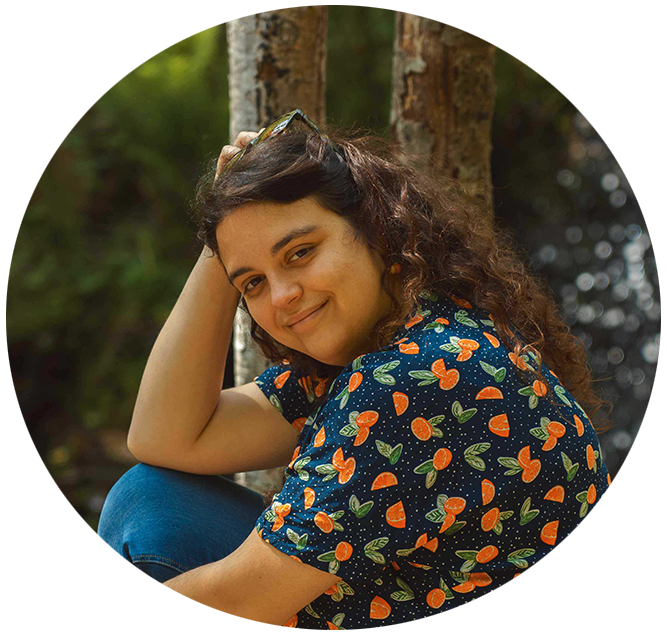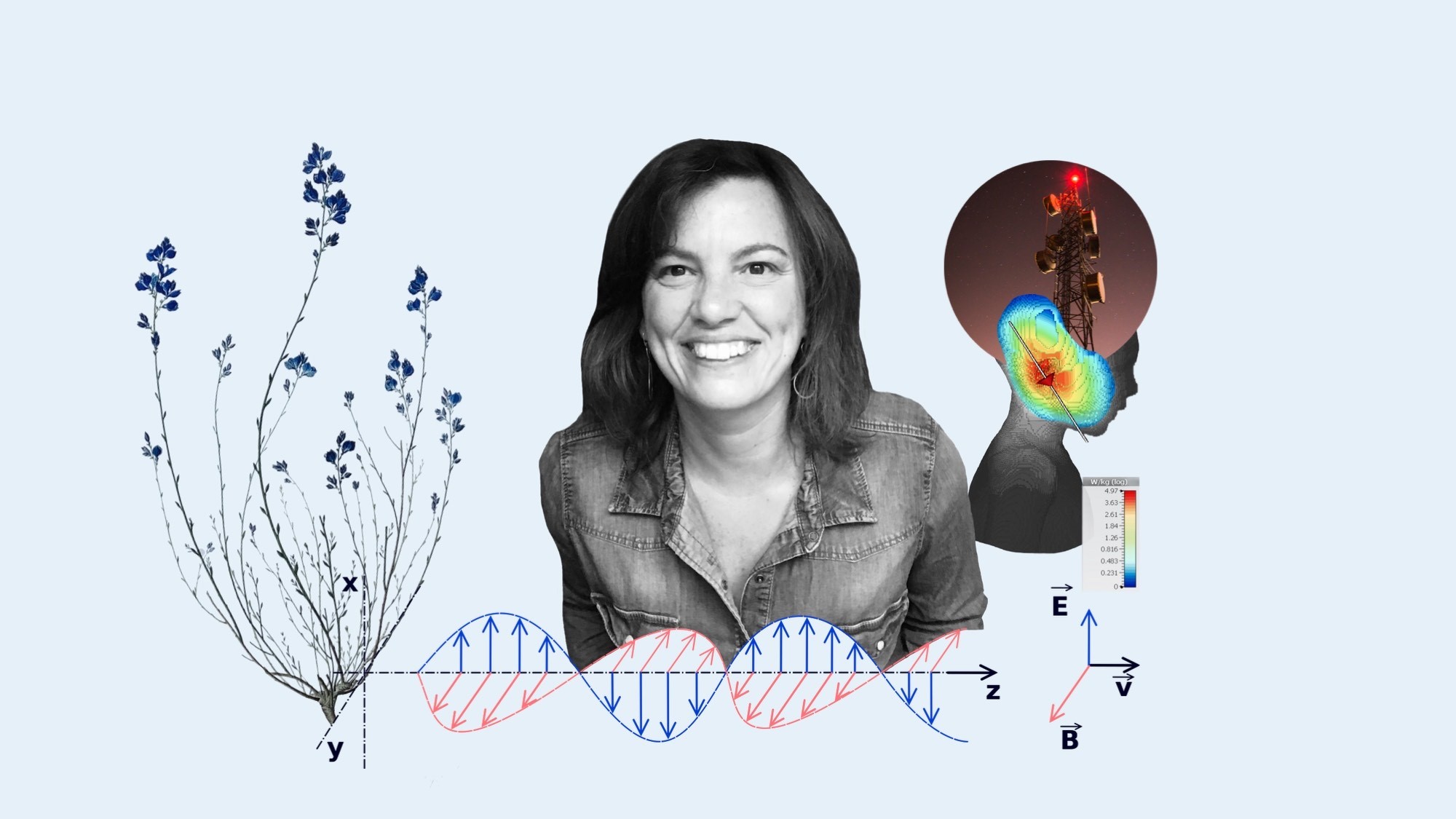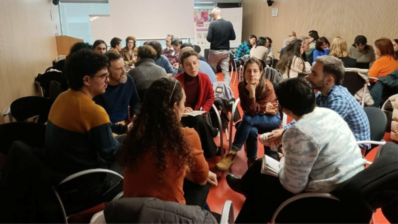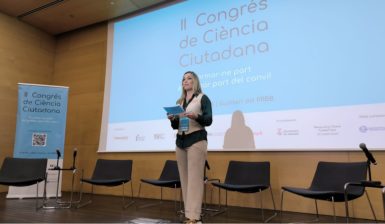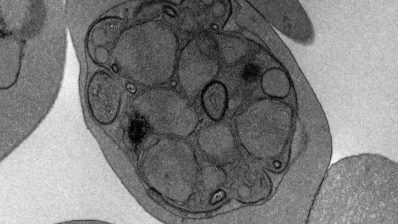It’s been twelve years since Patricia has been part of the team at the Institute for Global Health (ISGlobal) as a research technician. Since then, she has been working in the Radiation group, led by Elisabeth Cardis, which is in charge of understanding the potential risks of radiation exposure, a project closely linked to epidemiology.
But Patricia did not start out working in this discipline; after graduating with a degree in Social Sciences, she followed the family tradition with a small workshop restoring furniture. “The difference between working as a technician and as a restorer is mainly the handwork. Being a restorer allows you to see the product, work directly on it, manipulate it and see how you are transforming it and how you get closer to the final result”. But being a technician also pleases her very much because every day she faces new challenges: “new ‘problems’ always arise and you have to think about how to solve them and deal with them in the best way”, she says.
“As research technicians we are in charge of seeing the needs of the scientists and transforming them into solutions for the project.
Her professional and training background gives her a different point of view that is very useful for working in epidemiology, a discipline that, as she herself says, is “the sum of biomedicine and social sciences”. And one of the things she likes about her work is the diversity of tasks she contemplates and the fact that she can be in contact with a multitude of people: “My work is not boring, and at the end of the day you come across very different situations that make scientists more accessible”.
“In epidemiology everything is numbers, but you have to look at them from a different point of view”
In addition, at ISGlobal, instead of sharing an office with the team working in her project, she shares it with the research technicians of the other projects of the center, which allows them to help each other and create synergies and collaborations. She assures us that she is very happy with her team and that her work allows her to learn new things every day and to satisfy her curiosity to learn.
Patricia also tells us that she does not consider herself a scientist. Let’s get to know her a little better – and judge for yourselves!
Is a scientist born or made?
I think you can become an excellent scientist in both ways.
How would you explain your work?
I have been working as a research technician in the Radiation program for 12 years. Being a technician allows you to be involved in different projects. I work with studies related to radiofrequency exposures, electromagnetic fields or medical radiation.
What sparked your interest in science?
I studied a degree in Social Sciences out of curiosity and in the end I focused on something else. Years later, you could say that science and I met again at work.
What kind of student were you as a child?
For various reasons, when I was young I was not a very good student… Now I have just done a master’s degree and it’s very different!
What would you do if you did not work in science?
I don’t know if I would consider myself a scientist… I work in science, yes, and as a research technician my job is to help scientists to get everything they need to do research (study participants, measures, permits, data, apparatus, spaces, circuits, protocols, etc.). If I didn’t work in science, I would have a restoration workshop (carpentry), it is a job that I have combined for many years, a family tradition!
How would your colleagues describe you?
I hope as a good colleague. It is important to have a good atmosphere at work and in that, I am very fortunate, both in the office and in my research group.
Which preconceived idea about research staff do you think is true and which is totally wrong?
I had a preconceived idea that scientists were boring and they’re not. It’s impossible to be bored in science! What I do find is that it is true that sometimes they are not very practical.
What has been your best failure or mistake?
I always try to do things to the best of my ability, and sometimes things don’t work out. But if you’ve done everything you can, they’re not failures.
Best advice you’ve ever been given.
One day when I was hesitating, my boss told me: Of course you can – and I could!
Who is your favorite scientist?
My colleagues, because I see how they work every day.
Could you recommend a book?
The Conjuring of the Fools, by John Kennedy Toole.
Music?
Nina Simone.
Artist?
Photographer Gerda Taro.
Film?
Promising young woman, directed by Emerald Fennell.
Twitter account to follow?
@illustraciencia is a very nice project and there are beautiful illustrations.
Thank you so much, Patricia!
